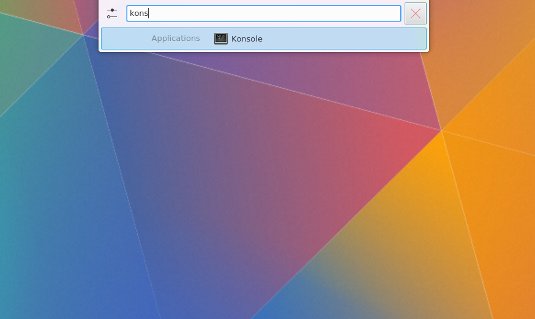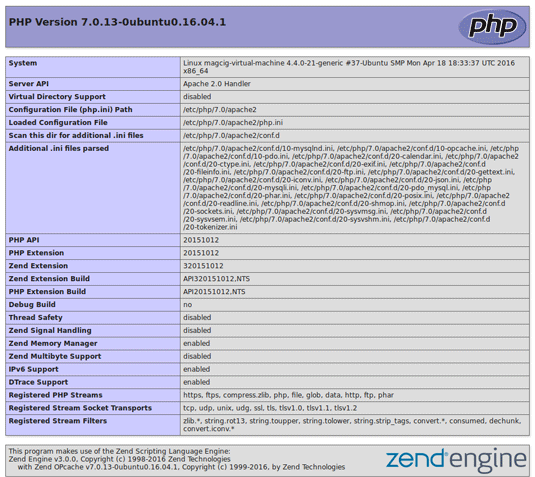LAMP Quick Start for Kubuntu 16.10 Yakkety
[ad_slider autoplay=”true” interval=”8″ count=”5″]
Hello Kubuntu User! Install LAMP Kubuntu 16.10 Yakkety Yak GNU/Linux desktop – Step by step Tutorial.
First, the Kubuntu 16.10 default LAMP Stack is composed of: Apache, MySQL and PHP 7.
So thanks to the new Zend Engine 3.0, your PHP 7 apps see up to 2x Faster performance and 50% better Memory consumption than PHP 5.x.
In conclusion LAMP is de facto Web Development Standard. Today, the products that make up the LAMP stack are included by default in nearly all GNU/Linux distributions.

-
Open a Shell Terminal emulator window
Start Typing ‘term’ on desktop.
(Press “Enter” to Execute Commands)
In case first see: Terminal Quick Start Guide.
-
Then to Install the LAMP Web Server.
sudo apt install apache2 php mysql-server php-mysql
If Got “User is Not in Sudoers file” then see: How to Enable sudo
-
And for Installing the PHP 7 Apache Module.
sudo apt install libapache2-mod-php
Please note that this package ONLY works with Apache’s prefork MPM, as it is not compiled thread-safe.
-
Finally, to Test LAMP WebServer Installation
Access the Server document’s location:cd /var/www/html
Create a PHP Info file:
sudo nano info.php
If Got “User is Not in Sudoers file” then see: How to Enable sudo
And Append:<?php phpinfo(); ?>
Ctrl+x to Save & Exit from nano Editor ;)
Set the www-data as User and Group:sudo chown www-data:www-data info.php
Then Open on Browser the URL:
http://localhost/info.php
In case Replace “localhost” with your Server IP in the above URL.

You should Successfully see the PHP Info notice similar to here above :)
How to Enable Apache2 mod_rewrite Module on Kubuntu.
[ad_slider autoplay=”true” interval=”8″ count=”5″]
How to Create an Apache 2 Virtual Host on Kubuntu.